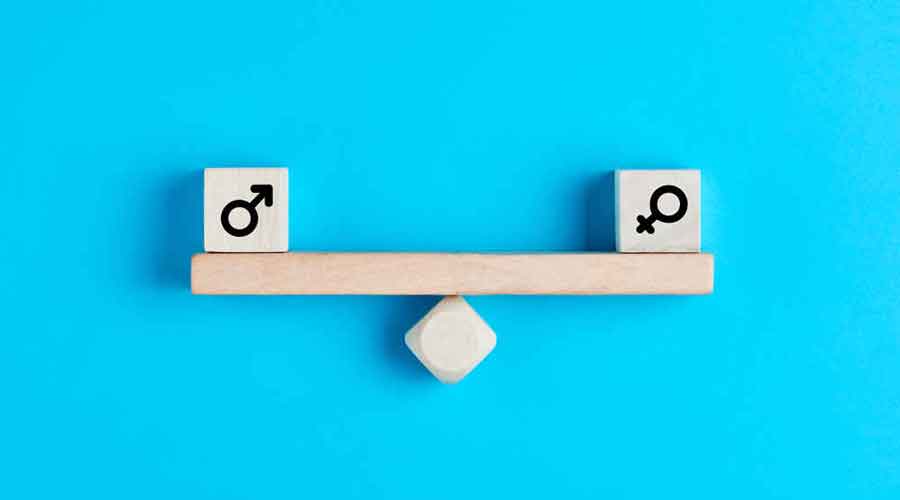India’s recently signed Free Trade Agreement with the United Kingdom (UK) and the European Union will have specified provisions for women’s economic empowerment, with around $500 billion put in trade opportunities. These FTAs would be operational by 2030, according to national media. While the India-UK FTA has a dedicated chapter on gender equality, the current negotiations of another free trade deal between India and the European Union will have specified provisions related to gender, equality, and the economic upliftment of women.
A remarkable bilateral free trade deal was announced between India and the UK on May 6, during the time when New Delhi was on the verge of finalising an early harvest deal with the 27-member European Union. Commerce Minister Piyush Goyal stopped over in Brussels to meet the European Union Trade Commissioner, Maroš Šefčovič, to take note of the pace of the ongoing bilateral negotiations.
In a social media post released on May 23, Šefčovič welcomed Union Commerce Minister Goyal and said, “We continue to make progress. Let’s maintain the momentum with hard work, clear focus, and I look forward to our next meeting soon.”
Although India’s FTA with the UK has a separate chapter on gender equality, the India-UK negotiations on gender equality and equal opportunity to women in relation to trade have certainly made way. While announcing the conclusion of one of the India-UK free trade deals on May 6, the UK government officials highlighted that gender equality is one of the key features of the deal.
What the Deal Says
Their official statement read,“We have championed our values, securing India’s first-ever chapters on anti-corruption, consumer protection, labour rights, gender and development… This chapter will enhance the opportunities for women to access the full benefits of the UK-India FTA. It will also advance women’s economic empowerment and promote gender equality through trade… This chapter will create the space for the UK and India to work together to support women business owners, entrepreneurs, and workers to fully access and benefit from the opportunities created by this agreement.”
The statement further added that trade plays a pivotal role in driving growth and prosperity in the nation and that the increasing participation of women in the workforce in the labour market would, according to the World Bank, also increase the country’s productivity and GDP. It will further create jobs and lead to greater economic diversification, innovation, and poverty reduction.


